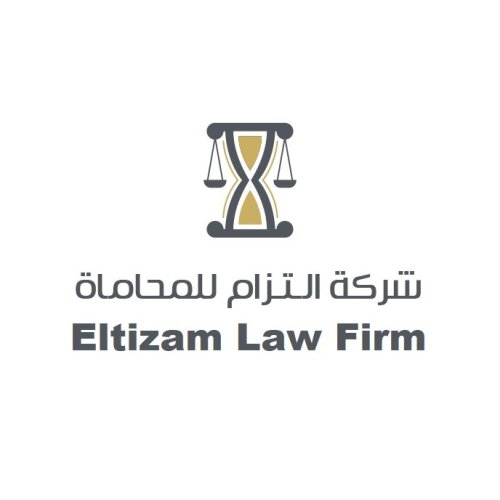Best Telecommunications and Broadcast Lawyers in Khobar
Share your needs with us, get contacted by law firms.
Free. Takes 2 min.
List of the best lawyers in Khobar, Saudi Arabia
About Telecommunications and Broadcast Law in Khobar, Saudi Arabia:
Telecommunications and Broadcast in Khobar, Saudi Arabia, are regulated by specific laws and regulations to ensure fair competition, privacy protection, and the quality of services provided to consumers. These laws govern the licensing of telecommunications providers, spectrum management, content regulation, and more.
Why You May Need a Lawyer:
You may need a lawyer specializing in Telecommunications and Broadcast if you are facing issues related to licensing, compliance with regulations, contract disputes, mergers and acquisitions, or any other legal matters in the telecommunications sector. A lawyer can help protect your rights, navigate complex regulations, and ensure your business operates within the legal framework.
Local Laws Overview:
In Khobar, Saudi Arabia, the regulatory body overseeing the telecommunications and broadcast sector is the Communications and Information Technology Commission (CITC). Key laws and regulations include the Telecommunications Act, Broadcasting Act, and regulations related to data privacy and security.
Frequently Asked Questions:
1. What licenses are required to operate a telecommunications company in Khobar?
Companies need to obtain a license from the CITC to operate in the telecommunications sector in Khobar.
2. Are there restrictions on foreign ownership in the telecommunications sector?
Foreign ownership in the telecommunications sector is restricted in Saudi Arabia, with certain limitations set by the government.
3. How are disputes between telecommunications companies resolved?
Disputes between companies are typically resolved through negotiation, mediation, or by filing a complaint with the relevant regulatory authority.
4. What are the regulations regarding content broadcasting in Khobar?
Content broadcasting is regulated by the Broadcasting Act, which sets guidelines for licensing, censorship, and content standards.
5. How is data privacy protected in the telecommunications sector?
Data privacy is protected under the Saudi Data Protection Law, which sets rules for the collection, use, and sharing of personal data.
6. Can I appeal a decision made by the CITC?
Yes, decisions made by the CITC can be appealed through the legal system in Saudi Arabia.
7. Are there regulations specific to telecommunications infrastructure development?
Yes, regulations govern the construction, maintenance, and sharing of telecommunications infrastructure to promote fair competition.
8. How does the government monitor compliance with telecommunications laws?
The CITC conducts audits, inspections, and enforces penalties to ensure compliance with telecommunications laws.
9. What are the penalties for violating telecommunications laws in Khobar?
Penalties for violations can include fines, license suspension, or revocation, depending on the severity of the violation.
10. How can a lawyer help me navigate telecommunications regulations in Khobar?
A lawyer specializing in telecommunications law can provide legal advice, draft contracts, represent you in disputes, and ensure compliance with regulations.
Additional Resources:
For more information on telecommunications and broadcast regulations in Khobar, Saudi Arabia, visit the Communications and Information Technology Commission (CITC) website.
Next Steps:
If you require legal assistance in Telecommunications and Broadcast in Khobar, Saudi Arabia, consider consulting with a specialized lawyer who can provide guidance tailored to your specific situation. Be prepared to provide relevant documents and information to help the lawyer assess your case accurately.
Lawzana helps you find the best lawyers and law firms in Khobar through a curated and pre-screened list of qualified legal professionals. Our platform offers rankings and detailed profiles of attorneys and law firms, allowing you to compare based on practice areas, including Telecommunications and Broadcast, experience, and client feedback.
Each profile includes a description of the firm's areas of practice, client reviews, team members and partners, year of establishment, spoken languages, office locations, contact information, social media presence, and any published articles or resources. Most firms on our platform speak English and are experienced in both local and international legal matters.
Get a quote from top-rated law firms in Khobar, Saudi Arabia — quickly, securely, and without unnecessary hassle.
Disclaimer:
The information provided on this page is for general informational purposes only and does not constitute legal advice. While we strive to ensure the accuracy and relevance of the content, legal information may change over time, and interpretations of the law can vary. You should always consult with a qualified legal professional for advice specific to your situation.
We disclaim all liability for actions taken or not taken based on the content of this page. If you believe any information is incorrect or outdated, please contact us, and we will review and update it where appropriate.









